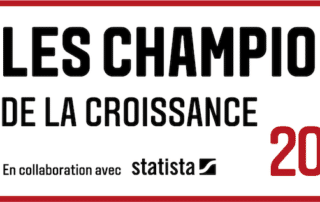First of all, what is project management consulting?
Project management consulting is a profession that encompasses a wide range of issues. Companies, both public and private, call on consultants to help them manage their projects. Although everyone is familiar with the concept of a project, few really understand the ins and outs of this profession.
What do project management consultants do?
Project management consultants can intervene in various situations. They can help a company in difficulty to understand the reasons for its problems and to put in place solutions to remedy them. Their main mission is to bring a project back on track and to complete it successfully, even if this means modifying the initial plan.
A standardized project management method or a case-by-case approach?
The work of consultants can also be more global. By tackling organizational problems that affect the whole company. In these cases, it is no longer a question of solving a specific problem but of reviewing the general functioning of the company. The right questions need to be asked in order to find the right solutions: Is there a uniform working method or does everyone work independently? Are there written rules or does everyone work with their own elements?
Can project management win over people?
Project management consultants are in charge of helping companies to think, update and formalize their way of working. This mission may seem simple, but it can be complex to achieve. Consultants must be able to work with people who are reluctant to ask for help or who ask for it too late.
Seeing more clearly in project management and becoming legitimate, the key to success?
Project management is still too often considered a vague concept, little known and little valued. It is however essential to the good management of a company and deserves to be considered as a profession in its own right. The main difficulty encountered by project management consultants is to have the necessary legitimacy to intervene. Not only must there be actors ready to ask for their help, but also they must be recognized as competent professionals to carry out the missions entrusted to them.
Project management certifications, a way to establish legitimacy?
There are many project management certifications. For traditional projects (V cycle, waterfall, etc.), for example: PMP certification from the Project Management Institute or Prince 2 certification from Axelos. There are also certifications for agile projects, such as PMI-ACP from PMI, or PSM and PSPO from Scrum.org to become a Scrum Master or Product Owner in the associated method. These training courses enable the consultants who take them to establish a certain legitimacy for their practices, and to speak a common language. They are also proof of a minimum of project management know-how, and a guarantee of the success of such projects.
To learn more, listen to the interview with Guillaume Raoul, project management consultant and trainer at Blue Soft Consulting






